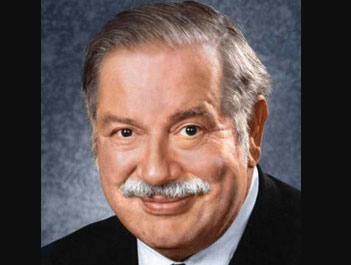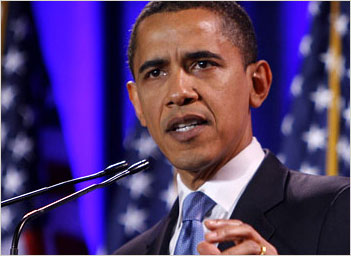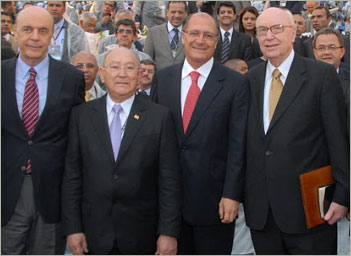 IN an age when just about any blend of spiritual traditions can be viewed as chic or trendy, one major exception remains, even 2,000 years since it was first observed: Jews who believe Jesus of Nazareth is the Messiah promised by God in the Hebrew Scriptures generally are regarded as traitors by the Jewish community.
IN an age when just about any blend of spiritual traditions can be viewed as chic or trendy, one major exception remains, even 2,000 years since it was first observed: Jews who believe Jesus of Nazareth is the Messiah promised by God in the Hebrew Scriptures generally are regarded as traitors by the Jewish community.
Even in late 20th-century America, where a best-selling book and film, “The Jew in the Lotus,” highlighted the connections between Judaism and Tibetan Buddhism, the notion that a Jew could believe in Jesus remains incendiary. Across a spectrum of American Jewish belief that ranges from Humanistic and Reconstructionist at the far left to the ultra-Orthodox Lubavitcher and Satmar communities on the right, there is no room at the inn, so to speak, for those who wish to retain their Jewish identities, customs and worship styles while acknowledging Yeshua, the Hebrew name for Jesus.
Into that paradox some 60 years ago stepped Martin Meyer Rosen, better known as Moishe, the not very religious son of not very religious Jewish parents, who grew up in Denver among a group of friends who were not particularly religious. He married a young Jewish woman, Ceil Starr, who embraced Christianity through a neighbor’s influence. Rosen soon followed, convinced, he said, by what he read in the Bible. He never stopped being Jewish — at least in his estimation — but his life had taken on another dimension.
While he was ministering to Jews in New York, then in Los Angeles and San Francisco, Rosen came to realize the need to reframe a traditional evangelical outreach in a manner that younger, disaffected people could embrace. With that came the now-trademarked brand name of Jews for Jesus, along with distinctive, casual clothing and hand-drawn and hand-lettered tracts, called “broadsides,” for witnessing. The life of Rosen, who died in May 2010 from complications of prostate cancer, is chronicled in “Called to Controversy,” a dramatic and compelling biography by his youngest daughter, Ruth Rosen, published by Thomas Nelson. She and Lyn Rosen Bond, her sister, followed their parents’ Christian belief.
After his conversion, Rosen began witnessing to everyone in sight, with some predictable consequences. His family essentially disowned him. Bosses and co-workers were hostile. And at the Baptist church he and his wife attended, various elements of the culture were, to say the least, unfamiliar.
After study at a New Jersey Bible college, Rosen spent nearly 20 years with the American Board of Missions to the Jews, the oldest such group in the U.S., now known as Chosen People Ministries.
He eventually struck out on his own, seeking to be free of some of the barnacles that a decades-old ministry can accumulate. His new mission would capture media attention because of a catchy name, a distinctive flair and an in-your-face approach to what evangelists call “witnessing.” Jews for Jesus campaigners would target cities and neighborhoods where lots of Jewish people were likely to be found and offer their distinctive brochures to all comers.
Much of the attention Rosen’s followers attracted came from these unconventional steps. Even the name Jews for Jesus was meant to startle, much in the way the Salvation Army jarred others a century earlier. (Rosen’s group happens to have its world headquarters in a former Salvation Army San Francisco command building.) When the opposition got rough, Rosen’s troops often received lots of media coverage, which in turn generated questions from those who would be called “seekers.”
Rosen’s management style was iconoclastic. He often would administer a rather hard slap across the face as part of training for missionary recruits. This wasn’t latent sadism, he explained, but rather preparation for rough-and-tumble street encounters.
Unlike some whose leadership of religious groups gain them notoriety and public attention, however, Moishe Rosen didn’t attain, or manifest, great wealth. Jews for Jesus has been open and accountable about its finances, and when the time came for Rosen to step out of leadership, an orderly process was in place to find a successor.
What’s more, Rosen seems to have maintained a good, happy family life along what must have been a bumpy road. The same can’t be said for every other evangelical leader; several have fallen short of that standard.
Like Salvation Army founder William Booth before him, Moishe Rosen led a career of preaching the message of Jesus that made an impact on his generation and far beyond. His Jews for Jesus organization says it “exists to make the messiahship of Jesus an unavoidable issue to our Jewish people worldwide.”
Rosen’s loving yet clear-eyed biographer very ably tells his story about what he and his allies have done in a book well worth reading.
Click here to read the original article on WashingtonTimes





















